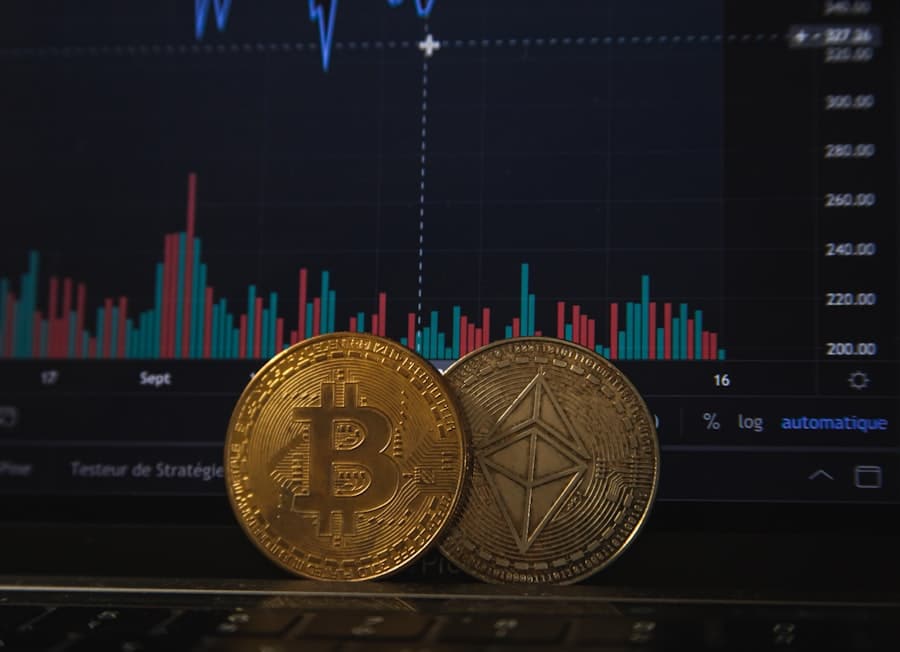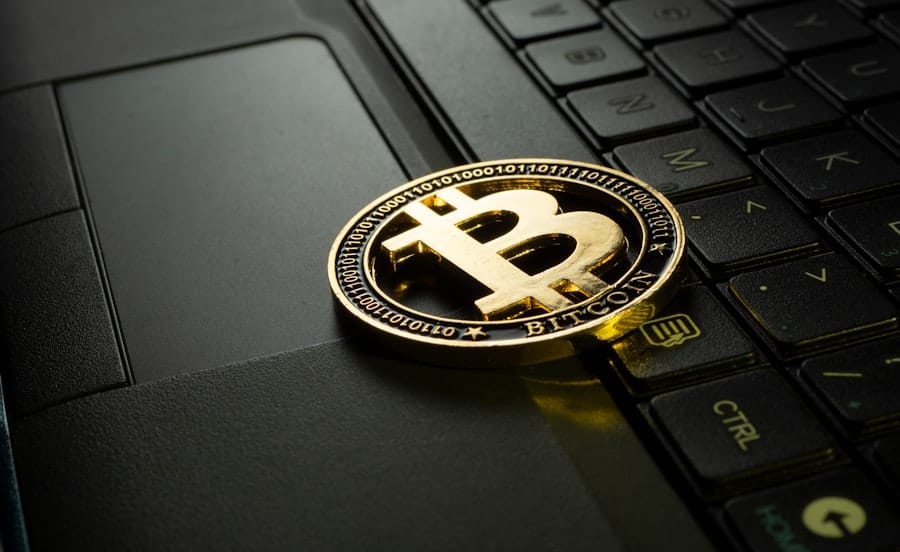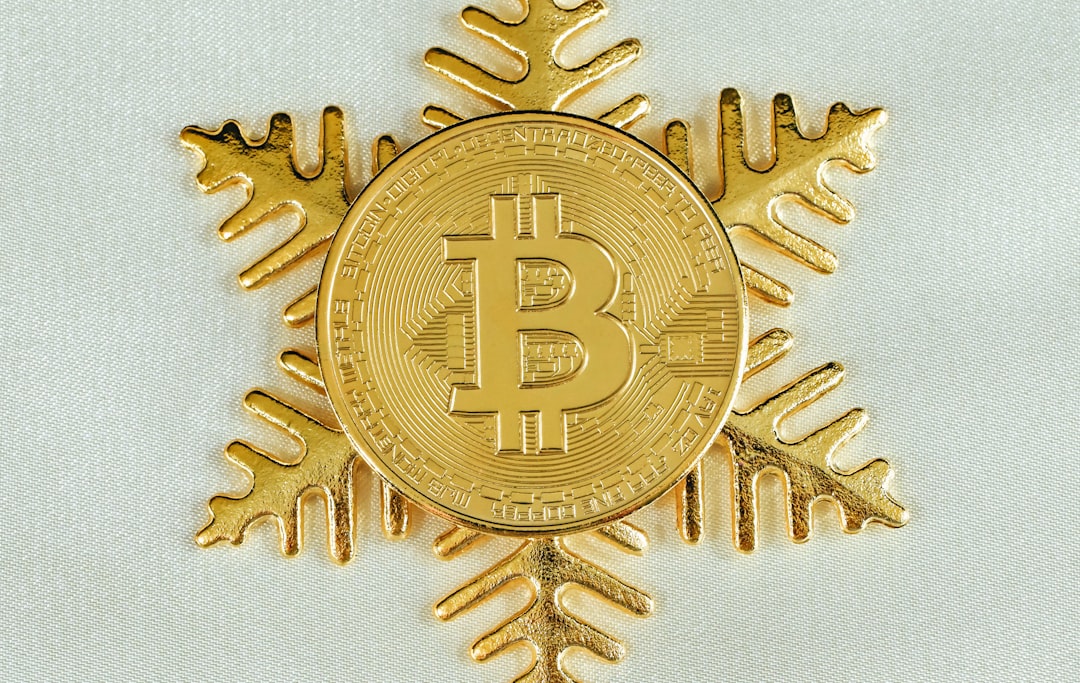Bitcoin, the first decentralized digital currency, was introduced to the world in 2009 by an anonymous entity known as Satoshi Nakamoto. The genesis block, or the first block of the Bitcoin blockchain, was mined on January 3, 2009, marking the beginning of a new era in financial technology. The concept of Bitcoin emerged from a white paper titled “Bitcoin: A Peer-to-Peer Electronic Cash System,” which outlined a vision for a currency that would operate without the need for a central authority.
This revolutionary idea was rooted in the desire for a financial system that could resist censorship and provide users with greater control over their own money. The early years of Bitcoin were characterized by experimentation and gradual adoption. Initially, it was primarily used by tech enthusiasts and libertarians who were drawn to its decentralized nature and potential for privacy.
The first real-world transaction using Bitcoin occurred in May 2010 when a programmer named Laszlo Hanyecz famously paid 10,000 BTC for two pizzas, a transaction that has since become legendary in the cryptocurrency community. As Bitcoin gained traction, it began to attract attention from investors and speculators, leading to significant price volatility and media coverage. By 2013, Bitcoin had reached a value of over $1,000 for the first time, signaling its emergence as a legitimate financial asset.
Key Takeaways
- Bitcoin was created in 2009 by an unknown person using the pseudonym Satoshi Nakamoto, and it was the first decentralized cryptocurrency.
- Bitcoin offers lower transaction fees compared to traditional currencies and can be used for international transactions without the need for a middleman.
- Bitcoin has the potential to disrupt the global economy by providing financial services to the unbanked and underbanked populations.
- Bitcoin transactions are secure and transparent due to the use of blockchain technology, which records all transactions in a public ledger.
- Bitcoin has the potential for high returns as an investment, but it also comes with high volatility and regulatory risks.
The Advantages of Bitcoin Over Traditional Currencies
One of the most significant advantages of Bitcoin is its decentralized nature. Unlike traditional currencies, which are controlled by central banks and governments, Bitcoin operates on a peer-to-peer network that allows users to transact directly with one another. This decentralization reduces the risk of government interference or manipulation, making Bitcoin an attractive option for individuals seeking financial autonomy.
Furthermore, Bitcoin transactions can be conducted without the need for intermediaries such as banks, which can lead to lower transaction fees and faster processing times. Another key advantage of Bitcoin is its limited supply. The total number of Bitcoins that can ever be mined is capped at 21 million, a feature designed to create scarcity and protect against inflation.
In contrast, traditional fiat currencies can be printed at will by central banks, leading to potential devaluation over time. This fixed supply has led many proponents to refer to Bitcoin as “digital gold,” as it shares similar properties of scarcity and durability. Additionally, Bitcoin’s deflationary nature encourages saving rather than spending, as individuals may prefer to hold onto their Bitcoins in anticipation of future value appreciation.
The Role of Bitcoin in the Global Economy

Bitcoin’s role in the global economy has evolved significantly since its inception. Initially viewed as a niche asset primarily used for online transactions and speculative trading, Bitcoin has increasingly been recognized as a legitimate form of currency and investment. Its decentralized nature allows it to operate independently of traditional financial systems, making it particularly appealing in regions with unstable economies or restrictive monetary policies.
For instance, in countries experiencing hyperinflation or capital controls, such as Venezuela or Zimbabwe, Bitcoin has provided individuals with an alternative means of preserving wealth and conducting transactions. Moreover, Bitcoin has gained traction among institutional investors and corporations seeking to diversify their portfolios. Major companies like Tesla and MicroStrategy have made significant investments in Bitcoin, further legitimizing its status as a store of value.
This growing acceptance has led to increased integration of Bitcoin into mainstream financial services, with platforms like PayPal and Square enabling users to buy, sell, and hold Bitcoin alongside traditional currencies. As more businesses adopt Bitcoin for transactions and investment purposes, its influence on the global economy continues to expand.
The Security and Transparency of Bitcoin Transactions
One of the defining features of Bitcoin is its robust security framework, which is built on blockchain technology. Each transaction is recorded on a public ledger known as the blockchain, which is maintained by a network of nodes that validate and confirm transactions through a process called mining. This decentralized verification process ensures that transactions are secure and resistant to fraud or double-spending.
Once a transaction is added to the blockchain, it becomes immutable, meaning it cannot be altered or deleted without consensus from the network. In addition to security, Bitcoin transactions offer a high degree of transparency. The public nature of the blockchain allows anyone to view transaction history and balances associated with specific addresses.
While users can maintain a level of pseudonymity through the use of cryptographic keys, the transparency of the blockchain enables greater accountability within the system. This feature has implications for various sectors, including supply chain management and auditing, where traceability and verification are crucial. As businesses increasingly recognize the benefits of blockchain technology, the demand for secure and transparent transaction methods continues to grow.
The Potential for Bitcoin as an Investment
Bitcoin’s potential as an investment asset has garnered significant attention from both retail and institutional investors. Its historical price performance has demonstrated substantial volatility but also remarkable growth over time. Early adopters who invested in Bitcoin during its formative years have seen exponential returns on their investments, leading many to view it as a hedge against inflation and economic uncertainty.
The narrative surrounding Bitcoin as “digital gold” has further fueled interest among investors seeking alternative assets that can provide protection against traditional market fluctuations. Moreover, the increasing institutional adoption of Bitcoin has contributed to its legitimacy as an investment vehicle. Major financial institutions are beginning to offer Bitcoin-related products such as exchange-traded funds (ETFs) and custodial services, making it more accessible to mainstream investors.
Additionally, the growing number of regulated exchanges and trading platforms has facilitated easier entry into the market for those looking to invest in Bitcoin. As more individuals and institutions recognize the potential for long-term value appreciation, Bitcoin’s role as an investment asset is likely to continue evolving.
The Impact of Bitcoin on Financial Institutions

The rise of Bitcoin has prompted significant changes within traditional financial institutions. Banks and financial service providers are increasingly recognizing the need to adapt to the growing popularity of cryptocurrencies. Some institutions have begun exploring ways to integrate blockchain technology into their operations to enhance efficiency and reduce costs associated with cross-border transactions.
For example, Ripple’s technology aims to facilitate real-time international payments using blockchain solutions that challenge traditional banking systems. Furthermore, the emergence of decentralized finance (DeFi) platforms has introduced new challenges for financial institutions. DeFi applications leverage blockchain technology to offer services such as lending, borrowing, and trading without intermediaries.
This shift towards decentralized financial services poses a threat to traditional banking models by providing consumers with alternatives that are often more cost-effective and accessible. As DeFi continues to gain traction, financial institutions may need to reevaluate their business models and consider partnerships or innovations that align with this evolving landscape.
The Future of Bitcoin and its Potential for Mass Adoption
The future of Bitcoin remains a topic of intense debate among economists, technologists, and investors alike. While some view it as a passing trend or speculative bubble, others believe that it has the potential for mass adoption as a legitimate form of currency and store of value.
As more businesses begin accepting Bitcoin as a form of payment and consumers become more familiar with cryptocurrency wallets and exchanges, mass adoption may become increasingly feasible. Additionally, developments in layer-two solutions like the Lightning Network aim to enhance transaction speed and reduce fees, addressing some of the scalability challenges that have hindered widespread use.
The Challenges and Risks of Bitcoin as the Digital Gold Standard
Despite its potential advantages, Bitcoin faces several challenges that could impede its path toward becoming a digital gold standard. One significant concern is regulatory scrutiny from governments around the world. As cryptocurrencies gain popularity, regulators are grappling with how to classify and oversee them effectively.
Stricter regulations could stifle innovation or limit access to cryptocurrency markets for retail investors. Additionally, Bitcoin’s price volatility remains a critical risk factor for both investors and users alike. While its historical price surges have attracted attention, sharp declines can lead to significant losses for those who invest without fully understanding the risks involved.
Furthermore, environmental concerns surrounding Bitcoin mining have come under scrutiny due to its energy-intensive proof-of-work consensus mechanism. Critics argue that this could hinder broader acceptance among environmentally conscious consumers and investors. In conclusion, while Bitcoin presents numerous advantages over traditional currencies and holds promise as an investment asset, it also faces significant challenges that must be addressed for it to achieve mass adoption and solidify its status as a digital gold standard in the global economy.
In the ever-evolving landscape of digital currencies, Bitcoin continues to hold its position as the digital gold standard, a topic explored in depth in the article “Why Bitcoin Remains the Digital Gold Standard.” For those interested in the intersection of technology and lifestyle, another intriguing read is the article on the best Android health management watches. This piece delves into the latest advancements in wearable technology, highlighting how these devices are becoming essential tools for health-conscious individuals. Both articles underscore the transformative impact of technology in different spheres of our lives, from finance to personal health management.
FAQs
What is Bitcoin?
Bitcoin is a decentralized digital currency that allows for peer-to-peer transactions without the need for a central authority or intermediary.
Why is Bitcoin considered the digital gold standard?
Bitcoin is often referred to as the digital gold standard due to its limited supply, scarcity, and store of value properties, similar to physical gold.
How does Bitcoin compare to physical gold?
Bitcoin and physical gold share similar characteristics such as scarcity and being a store of value. However, Bitcoin is digital and can be easily transferred and stored, while physical gold requires physical storage and transportation.
What factors contribute to Bitcoin’s status as the digital gold standard?
Bitcoin’s decentralized nature, limited supply, increasing adoption, and recognition as a store of value contribute to its status as the digital gold standard.
Is Bitcoin a safe investment like physical gold?
As with any investment, there are risks associated with investing in Bitcoin. While some investors view Bitcoin as a safe store of value, its price can be volatile and is subject to market fluctuations.

